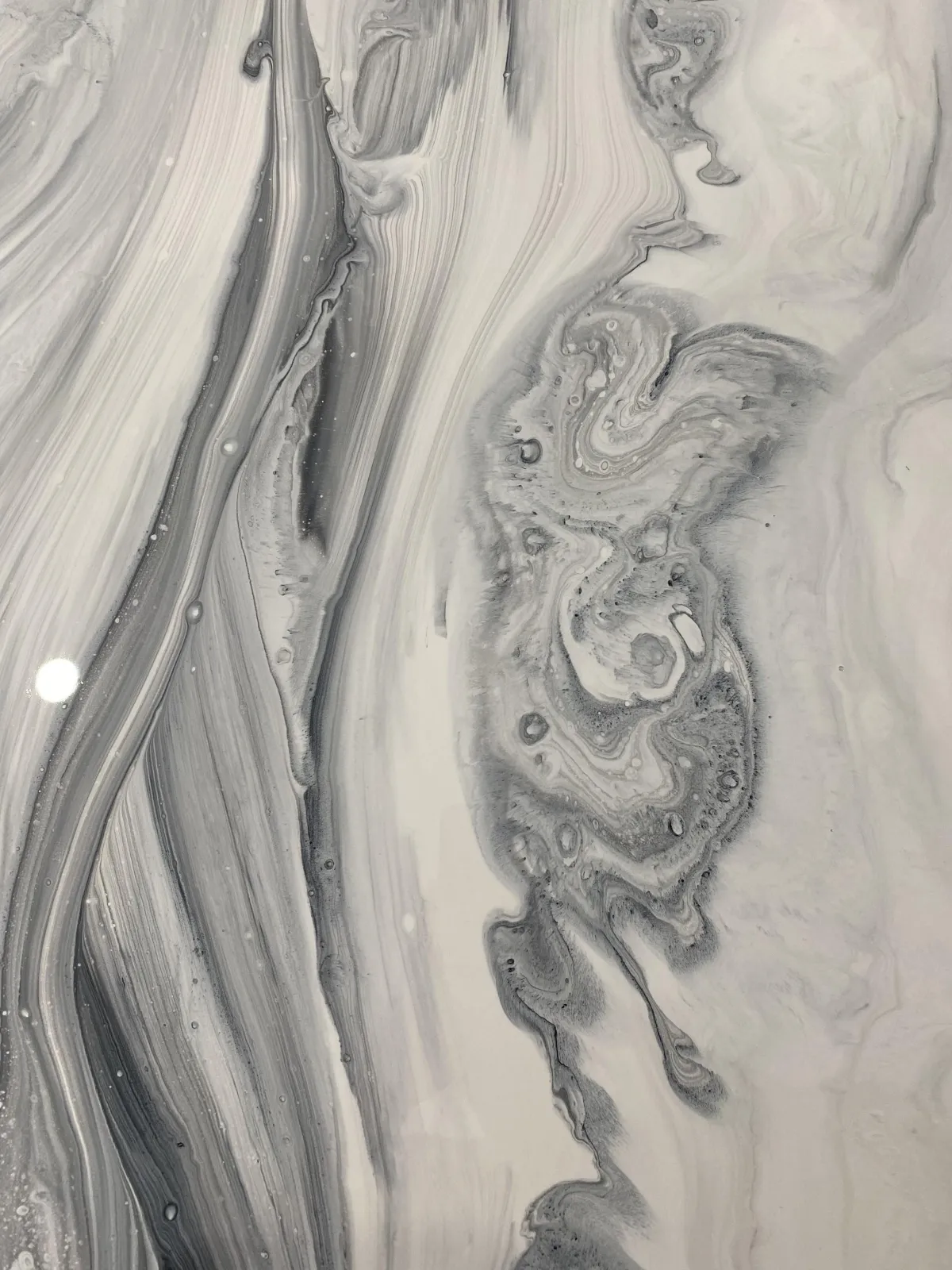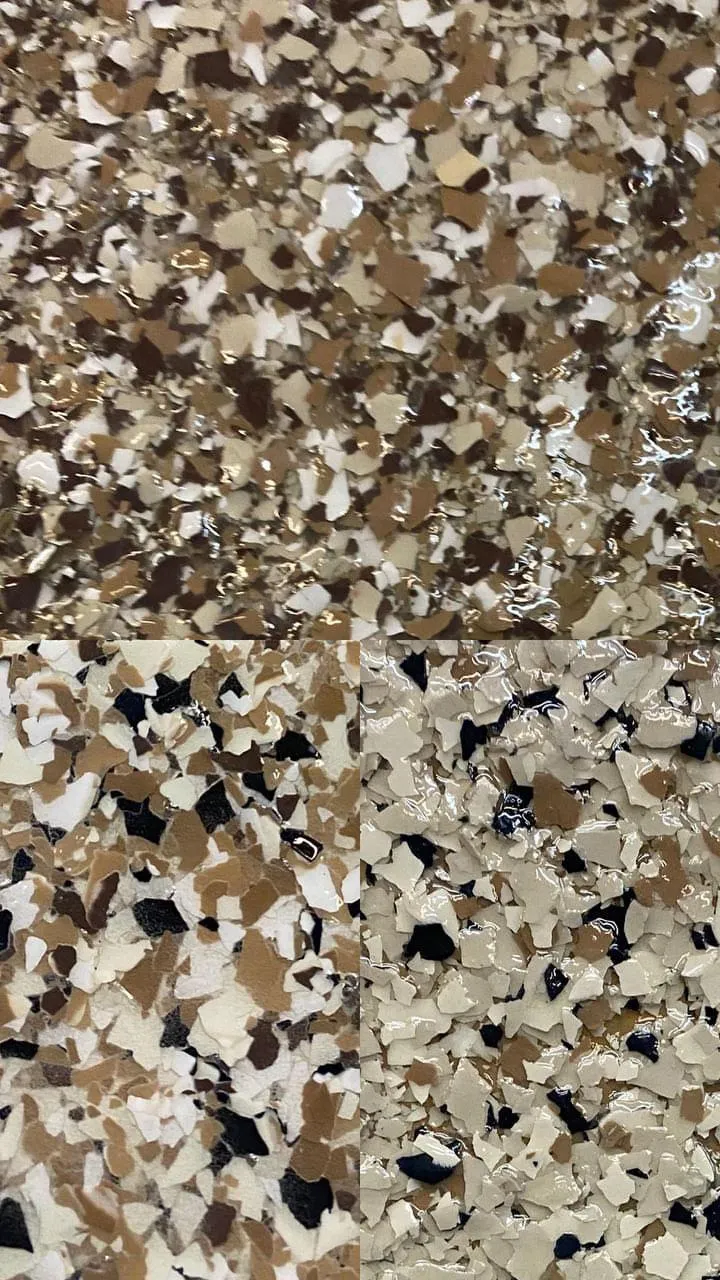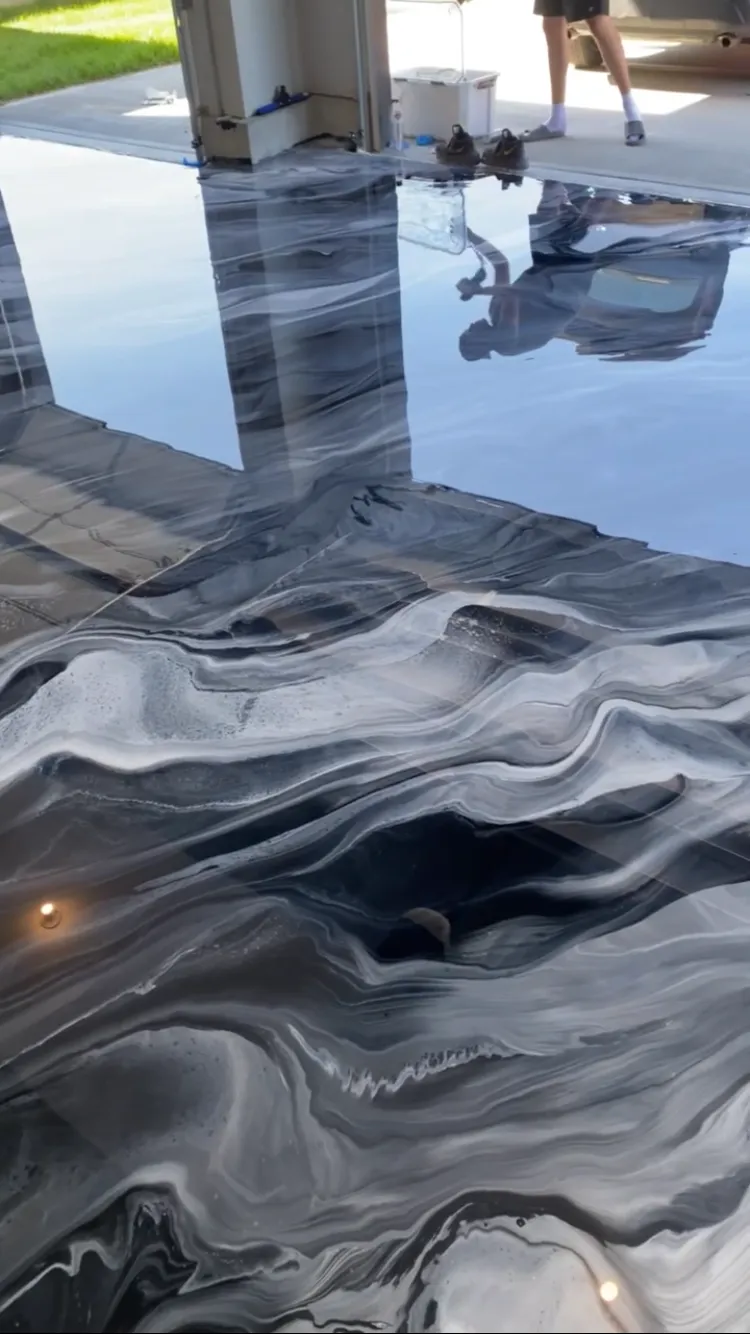
Consultation Process: Avoid Costly Mistakes & Nail Your Project
"The bitterness of poor quality remains long after the sweetness of low price is forgotten." — Benjamin Franklin.
When it comes to home improvement or renovation projects, that quote hits hard. Cutting corners or rushing decisions can cost you more than just money—it can drain your time, energy, and peace of mind. That’s where the contractor consultation process steps in. It’s not just a formality; it’s the foundation of a successful project.
Think of it as your project’s first line of defense against miscommunication, budget overruns, and unexpected surprises. A well-prepared consultation can save you hours of back-and-forth, prevent costly mistakes, and ensure everyone’s aligned on the goals. It’s your chance to set expectations, get expert insights, and walk away knowing you’ve made an informed decision.
Let’s dive into what you can expect during your first meeting.
Consultation Process: Avoid Costly Mistakes & Nail Your Project
2. Site Assessment (If In-Person)
1. Experience and Qualifications
✅ Project Details and Goals Ready
✅ List of Key Questions Prepared
What is a Flooring Consultation?
Imagine this: you’ve got a vision—a dream project waiting to take shape. But how do you turn that vision into a reality without costly missteps or endless guesswork? That’s where a flooring consultation comes in. It’s not just a casual chat; it’s the strategic launchpad for your project’s success.
At its core, a flooring consultation is a preliminary meeting where you and the contractor sit down to discuss the essentials—project goals, scope, budget, and timelines. Think of it as the blueprint before the blueprint. This isn’t about hammers and nails yet; it’s about clarity, alignment, and setting expectations from the get-go. The goal? To ensure everyone’s on the same page before any work begins.
Now, consultations can happen in two ways: in-person or virtual.
In-Person Consultations: These are your traditional face-to-face meetings. They’re great when the contractor needs to physically inspect the site, take measurements, or get a feel for the environment. There’s something powerful about walking through the space together, pointing things out, and seeing the contractor’s reactions in real-time.
Virtual Consultations: Thanks to technology, the flooring consultation process has evolved. Video calls, shared screens, and digital project management tools make it easy to connect without being in the same room. Virtual consultations are perfect for initial discussions, reviewing plans, or working with contractors who aren’t local. Plus, they save time and are often more flexible with scheduling.
Both options serve the same purpose: to build a solid foundation for your project. The choice between them depends on the project’s nature and your preferences.
With a clear understanding of what a consultation entails, the next question is—how do you prepare to make the most of it?
How to Prepare for a Flooring Contractor Consultation
Preparation isn’t just about ticking boxes—it’s about setting the stage for a productive conversation that leads to exceptional results. Whether you're upgrading a single room or revamping your entire space, preparing for a flooring contractor meeting can make all the difference. Here’s how to walk in with confidence and clarity.
1. Gather Project Details
Before the meeting, take time to outline your project goals. What’s your vision? Are you looking for sleek, modern finishes or something rustic and warm? Be specific about your desired outcomes—the more details you provide, the better your contractor can tailor their recommendations.
Don’t stop there. Bring along:
Measurements of the space, even rough estimates.
Sketches or floor plans if you have them—these don’t need to be professional-grade.
Design inspirations—photos, mood boards, or even Pinterest links can speak volumes about your style preferences.
Having these details handy saves time and ensures the contractor understands your vision right from the start.
2. Budget Preparation
Money talk can feel uncomfortable, but it’s essential. Go into the consultation with a realistic budget range in mind. Consider both the flooring material and installation costs, and don’t forget to factor in potential extras like underlayment, trim, or unexpected repairs.
Here’s a tip: be upfront about your budget. A good contractor will work within your range, suggesting options that balance quality and cost. Transparency helps avoid surprises later.
3. Research the Contractor
You wouldn’t hire an employee without checking their credentials, right? The same goes for contractors. Before the meeting:
Verify their licenses and insurance. This protects both you and the contractor if anything goes sideways during the project.
Review their portfolio. Look for projects similar to yours to gauge their style and quality.
Read client testimonials to get a sense of their reliability, communication style, and workmanship.
Doing your homework ensures you’re meeting with someone credible and capable.
Once you’re prepared, it’s time to focus on the consultation itself. So, what exactly happens during this meeting?
What Happens During the Consultation?
So, you've done your homework, gathered your project details, and scheduled the meeting. Now comes the part many people wonder about: what to expect during a flooring contractor consultation. Spoiler alert—it’s not as overwhelming as it sounds! In fact, it’s designed to be a collaborative, productive conversation that ensures your project starts on the right foot. Here’s how it typically unfolds:
1. Initial Discussion
The meeting kicks off with introductions. This isn’t just polite small talk—it’s an opportunity to get a feel for the contractor’s communication style and professionalism. They’ll likely share a bit about their background, experience, and approach to projects like yours. This sets the tone and builds rapport.
Expect questions like:
“What’s your vision for this space?”
“What’s most important to you—durability, aesthetics, budget?”
This is your chance to lay out your expectations clearly.
2. Site Assessment (If In-Person)
If the consultation is in-person, the contractor will do a site assessment. They’ll walk through the space, take measurements, and inspect key details—like the condition of the subfloor, door clearances, or any structural quirks that could affect installation. This isn’t just about square footage; it’s about identifying potential challenges before they become costly surprises.
For virtual consultations, you might be asked to provide detailed photos or even do a live video walkthrough.
3. Project Discussion
Now comes the deep dive. You’ll discuss:
Timelines: When can the project start? How long will it take?
Materials: From hardwood to vinyl, expect advice on what suits your space, lifestyle, and budget.
Potential Challenges: A good contractor will be upfront about possible hurdles, like uneven subfloors, moisture issues, or supply delays.
This is the heart of the consultation—where your ideas meet the contractor’s expertise.
4. Budget and Estimate Review
Transparency is key here. The contractor will review the budget, breaking down:
Material costs
Labor fees
Any additional charges for prep work or special requests
They’ll also cover payment terms and discuss scheduling to ensure it aligns with your availability.
Don’t be shy about asking for clarification if anything feels unclear. A reputable contractor will welcome your questions—they’re there to help you make informed decisions.
While the flooring contractor will guide much of the conversation, asking the right questions can ensure nothing important is overlooked.
Key Questions to Ask Your Contractor
A contractor consultation isn’t just about listening—it’s your opportunity to ask the right questions to ensure you’re making the best choice for your project. While the contractor will cover the basics, digging deeper helps you gauge their reliability, expertise, and approach to problem-solving. Here are the essential questions to ask a contractor during consultation to get the clarity you need:
1. Experience and Qualifications
"Can you provide references for similar projects?"
This question goes beyond a resume. You want real-world proof of their work, especially for projects like yours. Ask for photos, case studies, or even contact information for past clients. Don’t hesitate to follow up—speaking with former clients can reveal insights into the contractor’s communication, punctuality, and quality of work.
Bonus tip: Ask, “How do you stay updated with the latest flooring trends and installation techniques?” This shows you value ongoing learning and craftsmanship.
2. Timeline Clarity
"What’s the estimated start and completion date?"
Timelines are more than dates on a calendar—they affect your daily life. Whether you’re coordinating other renovations or just want to minimize disruption, understanding the schedule is key. Clarify:
When the project can start
Estimated duration
Any factors that could cause delays (like material availability or weather for outdoor projects)
This helps set realistic expectations from day one.
3. Contract Details
"How do you handle project changes or unexpected costs?"
No one likes surprises—especially costly ones. Projects can evolve, and sometimes unforeseen issues pop up. Ask how the contractor manages change orders:
Is there a formal process?
Will you receive written updates with cost adjustments?
How are disputes handled?
A clear, documented process protects both parties and keeps the project on track.
4. Warranty and Follow-Up
"Do you offer a warranty on your work?"
This question is non-negotiable. A reputable contractor should stand behind their work with a warranty that covers materials and labor for a specific period. Clarify:
What’s covered under the warranty?
What’s not covered?
How do you handle warranty claims?
Also, ask about post-project support. Will they check in after completion to ensure everything meets your expectations?
These questions aren’t just a formality—they’re your toolkit for making informed decisions. Understanding the consultation is only part of the process. What should you do after the meeting to make an informed decision?
Post-Consultation: How to Evaluate Your Options
The consultation is done. You’ve asked the right questions, gathered detailed information, and now you’re left with proposals on the table. But how do you know which contractor is the right fit? It’s time to shift gears and focus on evaluating contractor proposals with a clear, objective lens. Here’s how to make an informed decision that you won’t regret later.
1. Review Your Notes
Start by comparing the notes you took during each consultation. Look beyond the basics—focus on the details:
Did the contractor understand your vision?
Were their suggestions thoughtful and tailored to your project?
How well did they communicate?
Consider creating a simple comparison chart listing key factors like estimated costs, timelines, materials, and warranties. Seeing it all side-by-side can highlight the standout options (and the ones that fall short).
2. Check References
Don’t skip this step—it’s where the truth often lies. Reach out to the references each contractor provided. When speaking with past clients, ask:
“Were they punctual and professional throughout the project?”
“Did they stick to the timeline and budget?”
“How did they handle unexpected issues?”
Pay attention not just to the answers, but also to how enthusiastically (or cautiously) people respond. A glowing reference speaks volumes, but hesitation can be a red flag.
3. Red Flags to Watch For
Even if a contractor seemed great in person, there are warning signs that shouldn’t be ignored:
Vague Estimates or Evasive Answers: If the proposal lacks specific details—like itemized costs, clear timelines, or material descriptions—it could signal disorganization or an attempt to hide potential costs.
No Written Contracts: A handshake isn’t enough. A professional contractor will always provide a detailed, written contract outlining the scope of work, payment schedule, and project terms.
Unclear Timelines: If they can’t give you a realistic start or completion date, it might indicate poor planning or overbooking.
Trust your instincts. If something feels off, it probably is.
Before we wrap up, here’s a quick checklist to ensure you’ve covered all the bases during your contractor consultation.
Contractor Consultation Checklist
Preparation is the key to a productive consultation. Having a clear plan not only saves time but also ensures you get the information needed to make confident decisions. Use this contractor consultation checklist to stay organized and focused throughout the process:
✅ Project Details and Goals Ready
Before the meeting, outline:
Your project goals: What do you want to achieve?
Design inspirations: Photos, sketches, or ideas that reflect your vision.
Specific requirements: Must-have features, preferred materials, or unique challenges related to your space.
This helps the contractor understand your expectations right from the start.
✅ Budget Range Outlined
Determine a realistic budget range. Include:
Estimated costs for materials and labor.
A buffer for unexpected expenses.
Being upfront about your budget allows the contractor to suggest options that align with your financial plans.
✅ List of Key Questions Prepared
Go beyond the basics with targeted questions like:
“What’s your experience with projects like mine?”
“How do you handle project changes or delays?”
“Do you offer a warranty on your work?”
Having your questions ready ensures you cover all critical points without forgetting anything in the moment.
✅ Verified Contractor Credentials
Double-check the contractor’s:
Licenses and certifications (if applicable in your area).
Insurance coverage to protect both parties during the project.
Portfolio and references to verify their expertise and quality of work.
✅ Notes for Post-Consultation Review
Take detailed notes during the meeting, focusing on:
Communication style: Were they clear and transparent?
Proposed timelines and costs: Are they realistic and detailed?
Any red flags: Vague answers, lack of documentation, or unrealistic promises.
These notes will be invaluable when comparing contractors after your consultations.
By following this checklist, you’ll approach your consultation with confidence. Let’s summarize the key takeaways.
Navigating the contractor consultation process doesn’t have to be overwhelming. In fact, with the right preparation and mindset, it can be the pivotal moment where your project shifts from an idea to a well-structured plan.
We’ve covered the essentials—the importance of preparation, clear communication, and thoughtful post-consultation follow-up. From gathering project details and asking the right questions to evaluating proposals with a critical eye, each step plays a crucial role in ensuring your project’s success.
Approach your contractor consultations proactively. Be confident, ask questions, and don’t hesitate to seek clarity when needed. Remember, a good contractor isn’t just someone who can do the job—they’re a partner in bringing your vision to life.
Have an upcoming project? Start with this guide to make your contractor consultation seamless and effective. Your dream space is closer than you think—it all begins with the right conversation.



